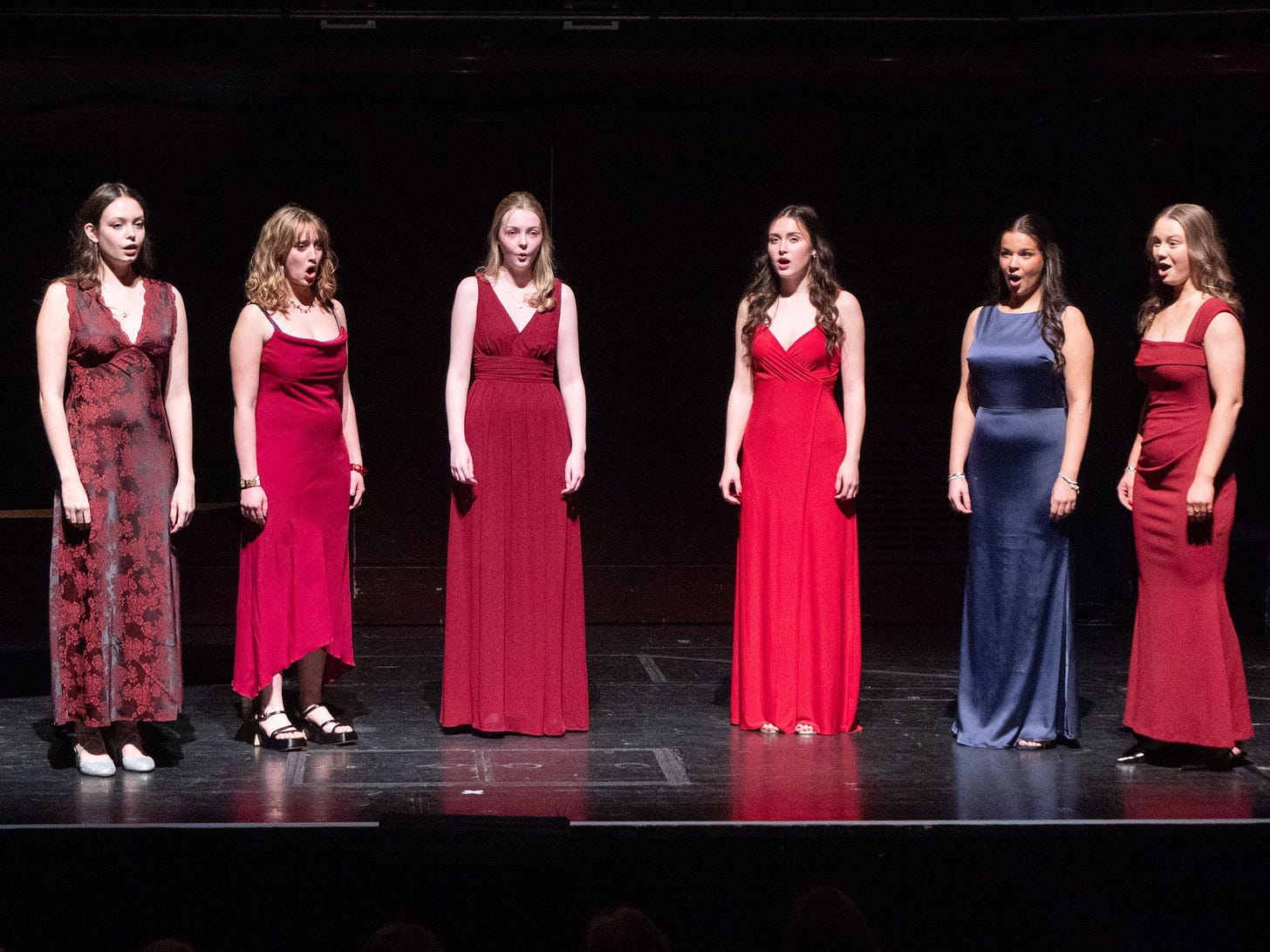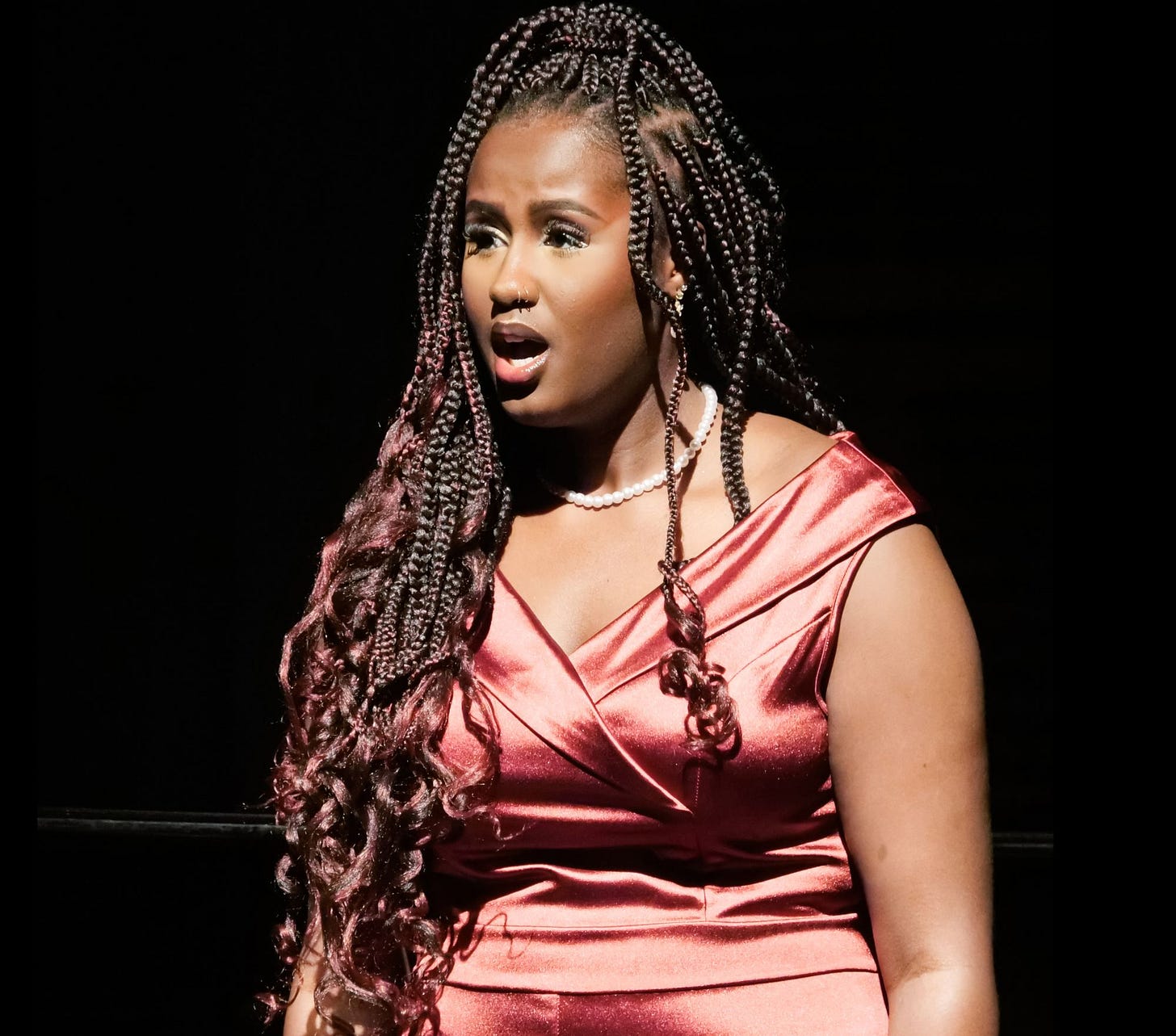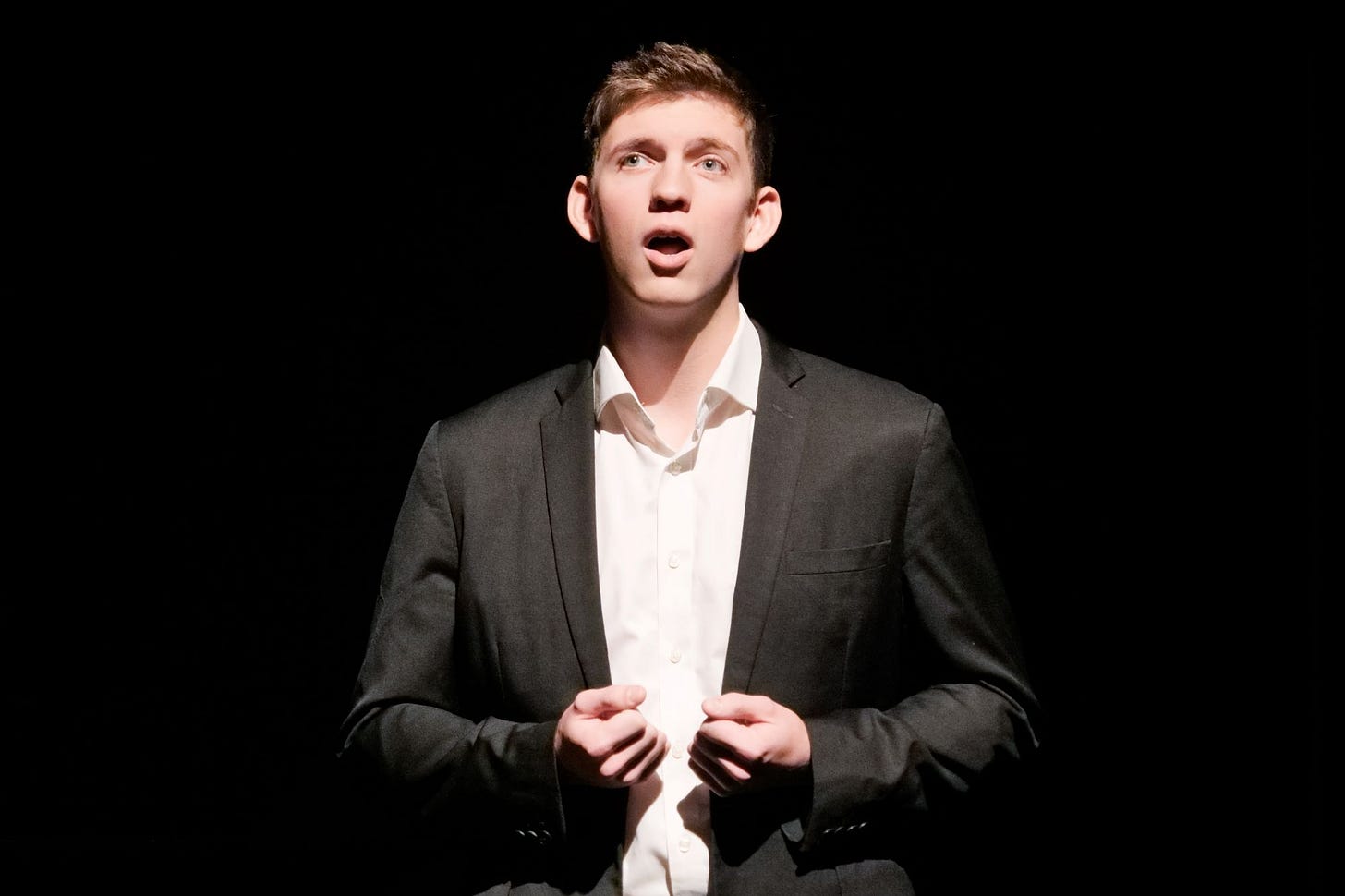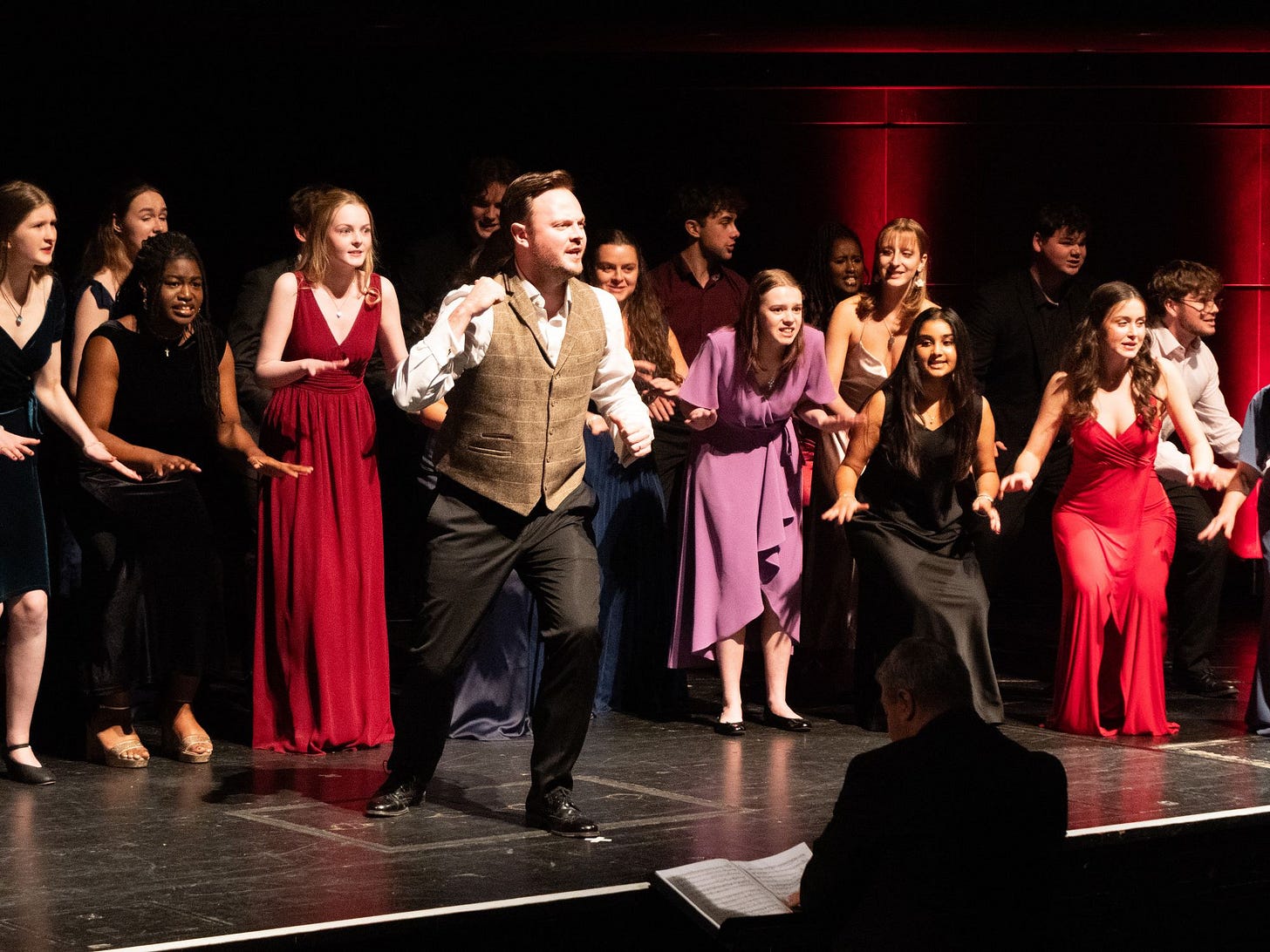REVIEW: Samling Academy singers at The Glasshouse
Youngsters seize chance to shine

The young singers of the Samling Academy took to the Sage Two stage at The Glasshouse in a concert that followed two intensive weekends of workshops and masterclasses.
What was the climax for them – 29 from across the region, aged 14 to 21 – was a thoroughly rewarding experience for us in the audience.
There’s no easy way in to classical singing if you’re not born into money or music.
Probably there never was, although church choirs and choral societies have been traditional stepping stones.
But most young people these days aren’t church-goers and choral societies, better at retaining members than recruiting new ones, tend to have an ageing demographic.
Music in tightly budgeted state schools is seldom a priority although a growing number are recognising the benefits of the Samling Academy and working with it.
Established by the Samling Institute for Young Artists, a music charity based in Hexham, it does offer talented youngsters a way in, offering expert tuition and a platform to perform.
Back to Sunday and a chance to see the current intake seize that chance to shine.
They came on laughing as the chorus of (rather smartly dressed) country folk from Smetana’s opera The Bartered Bride.
While the singing of Samling Academy recruits is always impressive, so is the confidence with which they perform under spotlights and before a discerning audience.
George Ireland, at the piano for this exuberant opener, was the first in a succession of top notch accompanists who have earned the right to style themselves Samling Artists.
Others transmitting reassurance from the piano stool were Jo Ramadan, Jonathan Ware, Alfred Fardell, Francesca Lauri, Harry Rylance and Daniel Peter Silcock.
After the first of the ensemble pieces came the solos and a procession of songs that won’t feature on your average karaoke machine.
Megan Moffitt, on a gap year before taking up a place at the Royal College of Music, is a Samling Academy veteran (everything’s relative) and made light of St Ita’s Vision from American composer Samuel Barber’s Hermit Songs.
Which talented teenager wouldn’t want to sing about a 6th Century Irish nun? Megan, as always, let her enthusiasm shine forth.
Fabian Tindale Geere followed with a deftly delivered song by Sibelius and then came Ava Newby with a touching rendition of Liebe Schwalbe (The Swallow’s Song) by the Austrian Alexander von Zemlinsky.
Short and sweet they came in a rolling programme spanning the centuries and linked only by the fact that they were studied during those masterclass sessions.
Yohan James is a baritone whose stage presence seems to have developed along with his voice. Here he was with a beautiful song by Brahms, and followed soon after by another young man with clear potential – Samuel Davie with Loveliest of Trees from George Butterworth’s setting of A Shropshire Lad.
There was nothing not to like. Best of all, though, was the evident progression, seeing last year’s newer recruits coming to the fore.
If all aspire to sing with the freedom of Margretta Ibrahim (like Megan, soon off to the Royal College of Music) then the Samling Academy has done its job.
Two contrasting ensemble pieces brought things to a close, the serene and contemplative A Child’s Prayer, by English soprano turned composer Liza Lehmann, followed by the upbeat Sit down, you’re rocking the boat from Guys and Dolls.
Tenor Nick Pritchard (opera singer, Samling Artist and now Samling Academy leader) unleashed his musical theatre skills as Nicely-Nicely Johnson to raise tempo and temperature in the perfect finale.
Finally, because they deserve it, a name check for all current Samling Academy members: sopranos Helen Christian, Jesdina Daniel, Amelia Durno-Carter, Madeleine Hague, Arielle Loewinger, Anna Mabon, Megan Moffitt, Ava Newby, Imogen Payne, Olivia Rose, Isabella Shea, Josephine Sim and Edie Tunnicliffe; mezzo-sopranos Iona Bastin, Anna May Forbes, Davina Halford-Macleod, Margretta Ibrahim, Ayah Nzekwe and Kate Short; tenors Oliver Mackey and Sam Ryan; baritones Samuel Davie, Barney Howard, Yohan James, Fabian Tindale-Geere and Joseph Wilson; and bass-baritones Jeannot Gantier-Houston, James Gordon and Orson Grossett.





